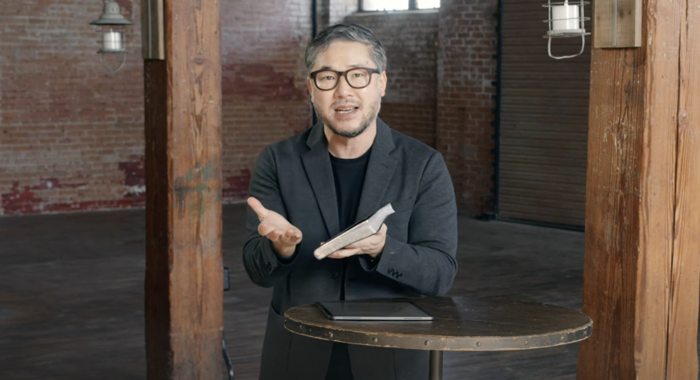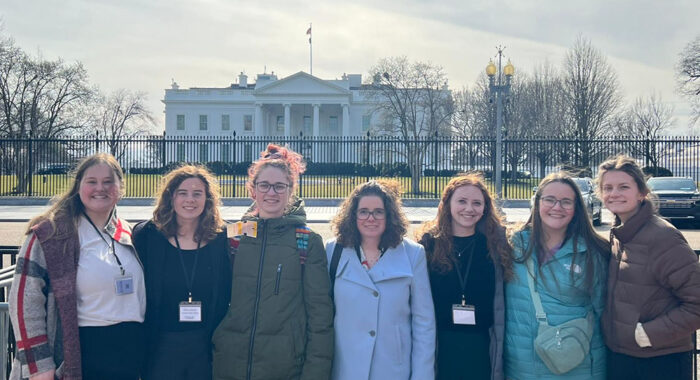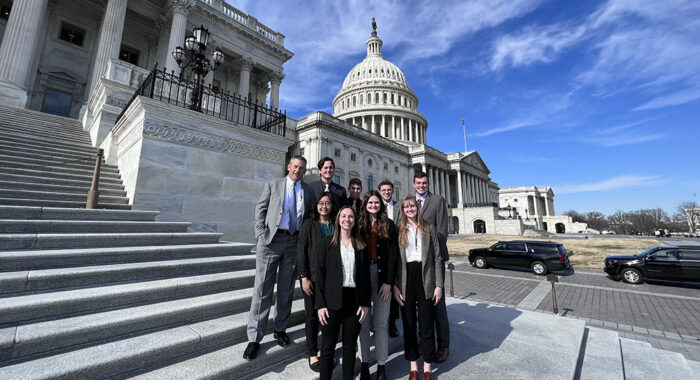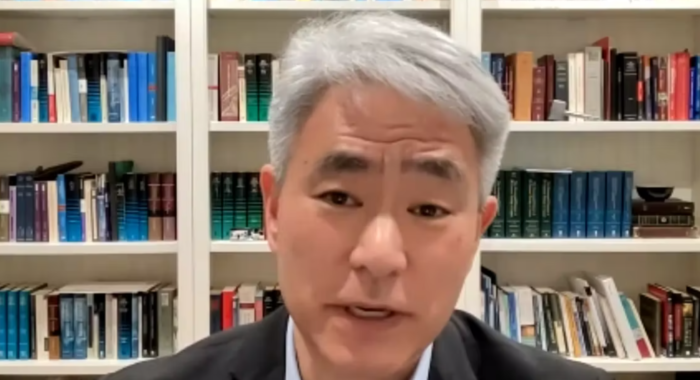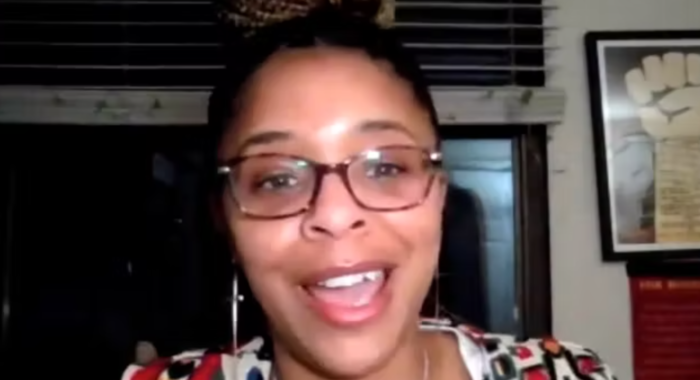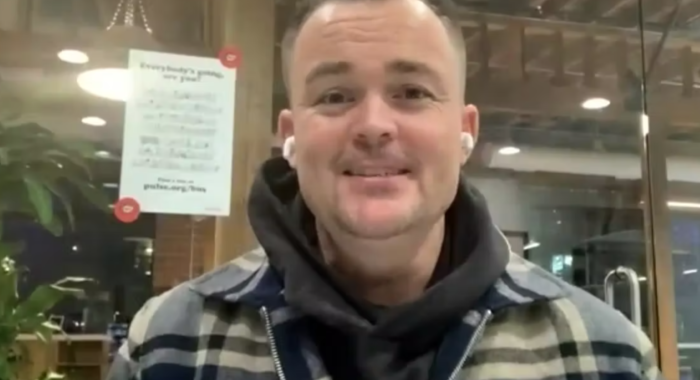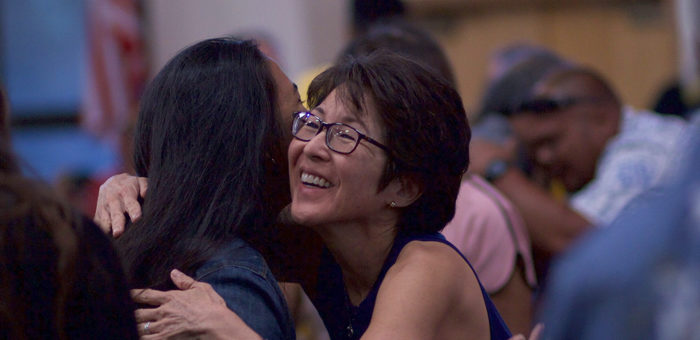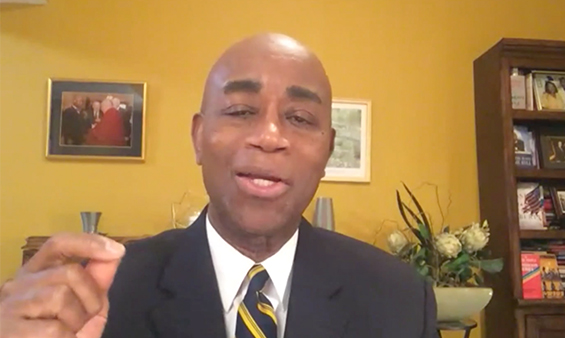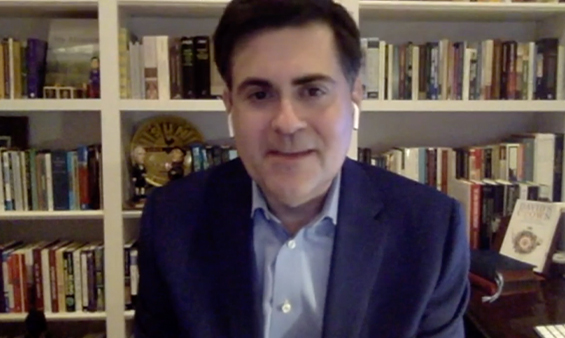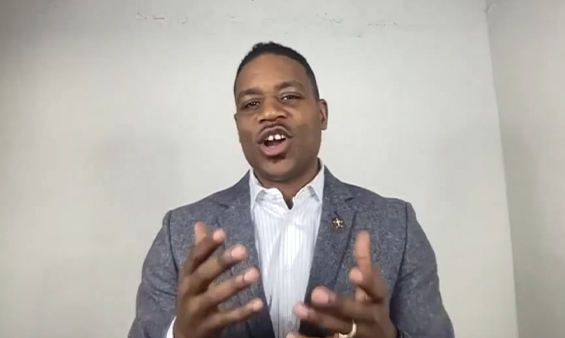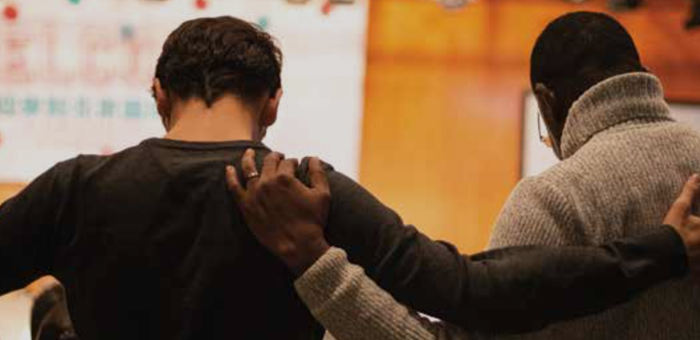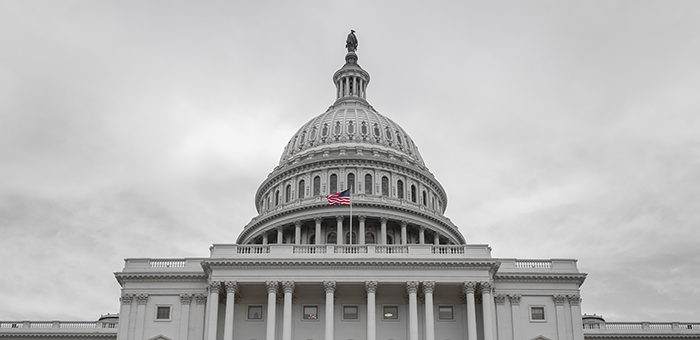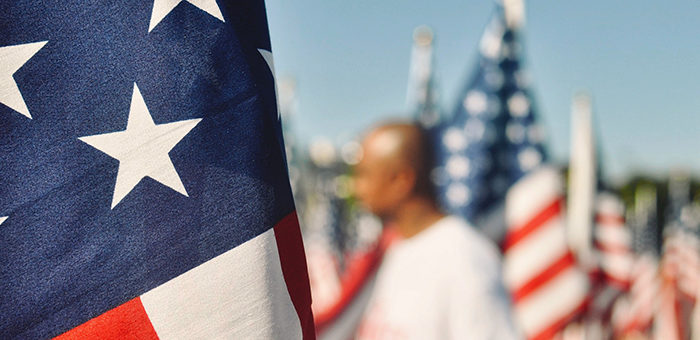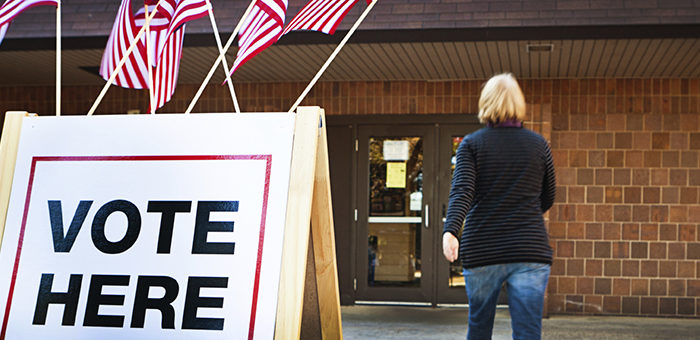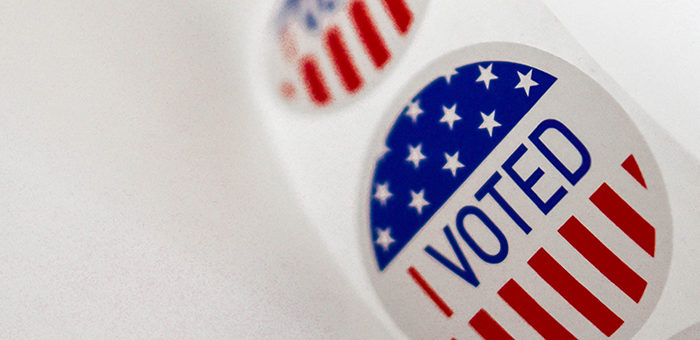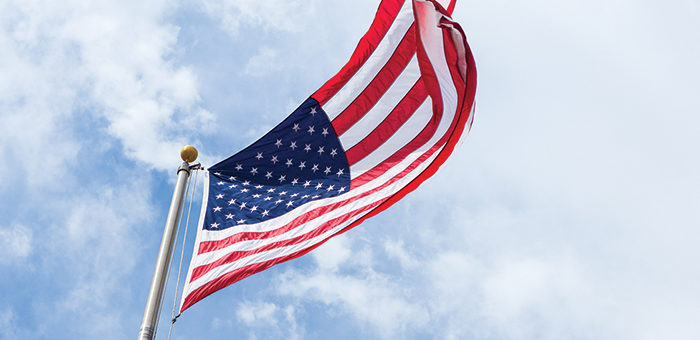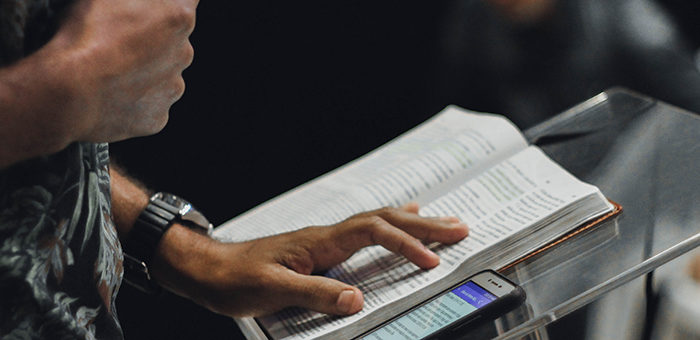Our country seems to be increasingly divided along political lines. Technology has made it easy to reinforce biases in media silos and become deeply entrenched in particular ideologies. In Today’s Conversation, NAE leaders Leith Anderson and Galen Carey talk about how Christians fit into this equation.
In this podcast, Galen Carey, NAE’s policy expert and advocate on Capitol Hill, covers:
- What the proper place of politics is for the Christian’s mind and experience;
- How to work in Washington when there is palpable division;
- Practical ideas to model civility; and
- What evangelical policy issues are most countercultural.
Read a Portion of the Transcript
Leith: There’s a sense of extremes — that the extremes have gotten more extreme in Washington and around the country, particularly in regards to politics. Is that just my read or is that your sense as well?
Galen: We have been through tough times before as a nation. There were some moments in our early years where elected officials actually got into fist fights or spit in each other’s faces. And of course, there’s nothing that compares with the tragic divisions of the Civil War.
But in recent times, I think it’s clear that the quality of political discourse and statesmanship — or lack thereof — is in decline, and it is very regrettable. Part of this can be chalked up to our technological advances that fragment our journalism, social media and so forth that allow citizens to filter out challenging messages in favor of reinforcing their own biases in media silos. The influence of money and even foreign governments also plays a role.
Share the Love
If you enjoyed the program, please rate it on iTunes and write a brief review. That will help get the word out and raise the visibility of the show.
Relevant Links/Resources
Galen Carey, NAE vice president of government relations, is responsible for representing the NAE before Congress, the White House and the courts. He works to advance the approach and principles of the NAE document, “For the Health of the Nation.” He is also co-author with Leith Anderson of “Faith in the Voting Booth.” Before joining the NAE staff, Carey was a longtime employee of World Relief, the relief and development arm of the NAE, serving in Croatia, Mozambique, Kenya, Indonesia and Burundi. He received an M.Div. from Trinity Evangelical Divinity School, and a Doctor of Ministry from McCormick Theological Seminary.
Leith Anderson is president emeritus of the National Association of Evangelicals and pastor emeritus of Wooddale Church in Eden Prairie, Minnesota. He served as NAE president from 2007–2019, after twice serving as interim president. He served as senior pastor of Wooddale Church for 35 years before retiring in 2011. He has been published in many periodicals and has written over 20 books. Anderson has a Doctor of Ministry degree from Fuller Theological Seminary, and is a graduate of Moody Bible Institute, Bradley University and Denver Seminary.




 View All Podcasts
View All Podcasts 








